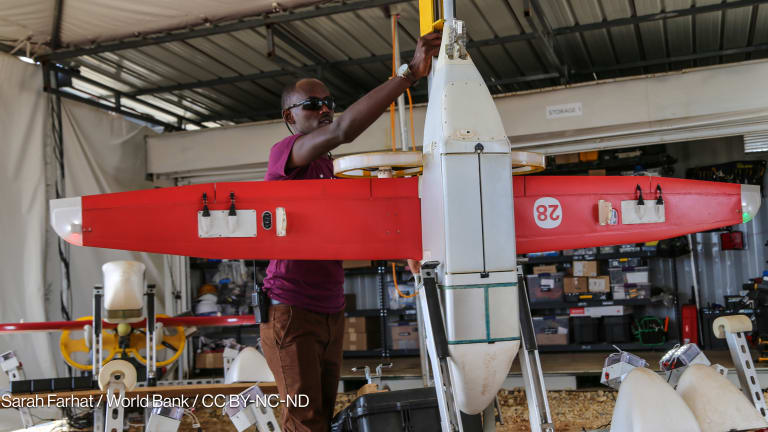Angus Deaton, the economist and noted aid critic, was recently awarded the Nobel Prize in economics. In a speech following the award, AFP News reported that Deaton expressed “great sadness regarding the enormous amount of money spent on aid in Africa, [and that] very little had gone to data collection, so there was little information on its benefit.”
Last month, I drafted a monitoring and evaluation proposal focused on assisting an organization in incorporating IT tools to monitor a new initiative. At least I thought it was an M&E proposal. Then I attended MERL Tech, a one-day conference for those in the international development and aid industry who are using technology to increase the impact of monitoring, evaluation, research and learning in development. It was a fantastic experience and brought together some of the foremost minds to consider how we continue to develop as a profession.
After attending the conference, I have come to appreciate that I am flawed in my ways and neglected to incorporate 50 percent of MERL into my proposal. Namely, I failed to give research and learning a much-deserved place at the evaluator’s table. Following the conference, I had an opportunity to correct this oversight. Again, I found myself working on a proposal, this time for a client interested in monitoring its programs using an information management system. I gave it my best shot. Sadly, my proposal still didn’t contain a single mention of MERL — just plain old M&E.








